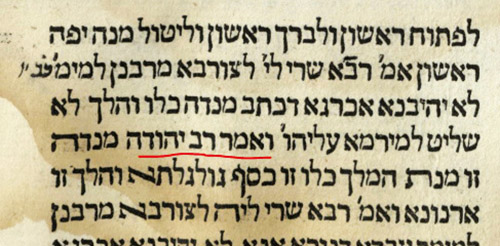
Nedarim 62b: Sasanian Head Tax
In Nedarim 62b, Rava asserts that Torah scholars are exempt from the “kraga,” or head tax. As Rav Steinsaltz notes, “kraga” is derived from the

In Nedarim 62b, Rava asserts that Torah scholars are exempt from the “kraga,” or head tax. As Rav Steinsaltz notes, “kraga” is derived from the

In Nedarim 59a, Rav Chisda forcefully rejects an idea from Rabbi Yochanan. Thus: אָמַר רַבִּי יוֹחָנָן: לִיטְרָא בְּצָלִים שֶׁתִּיקְּנָהּ וּזְרָעָהּ — מִתְעַשֶּׂרֶת לְפִי כוּלָּהּ. יָתֵיב
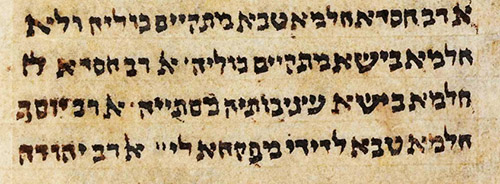
Did Rav Yosef blind himself in a fit of piety? The story goes that he sat in a dark house for 40 days and, when

Let’s start with a few definitions. You likely know “synonym” and “antonym,” and would consult a thesaurus to find just the right word. But, there

In Nedarim 41a, Rabbi Yosef interprets a verse in Tehillim, “His entire bed, You overturn in his illness,” as referring to one who forgets his

Shimon was walking down Grayson Place last week, and saw a gold watch. It was engraved with the initials “SM,” a good siman. He took
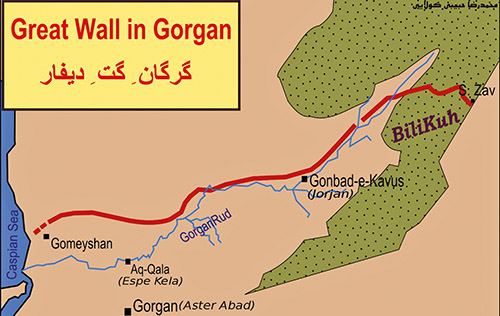
I swear, I must have written a million articles for The Link already! OK, in reality far fewer, but such exaggeration is common and Halacha

Can you argue with your rebbe? It may seem that a student having a halachic dispute with his teacher is disrespectful. Also, if there is

Finally, on Nedarim 10a, we learn what a kinuy, nickname, for a neder is! The first Mishna (2a) had declared that such nicknames were as
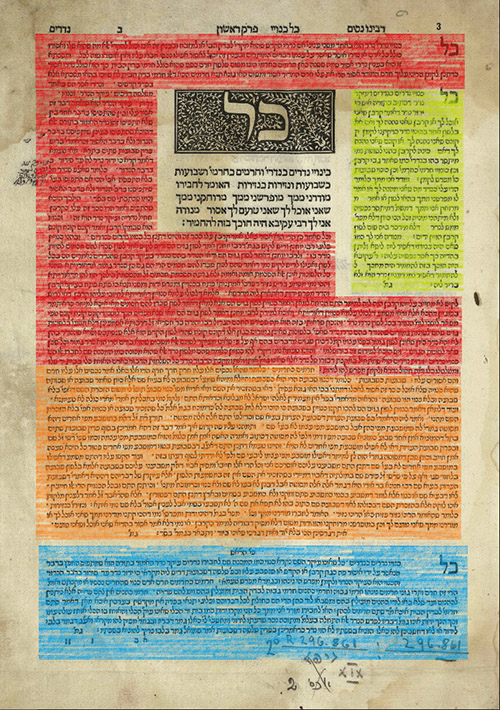
Rabbi Yehoshua ben Chanania (a second and third-generation tanna) was never defeated in verbal combat, except by a woman, a young girl and a young
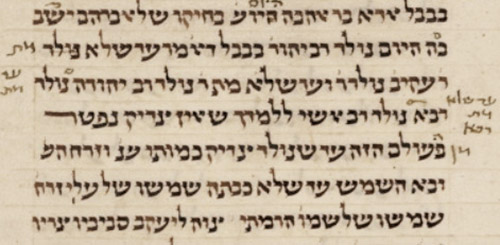
In the Marvelous Middos Machine 3, “Does Anyone Have the Time,” Dr. Middos is able to contact Shnooky Shapiro — who had accidentally gone back

“A verbal contract isn’t worth the paper it’s written on.” This quote, attributed to Samuel Goldwyn, reflects the difficulty of enforcing verbal agreements. In Halacha,